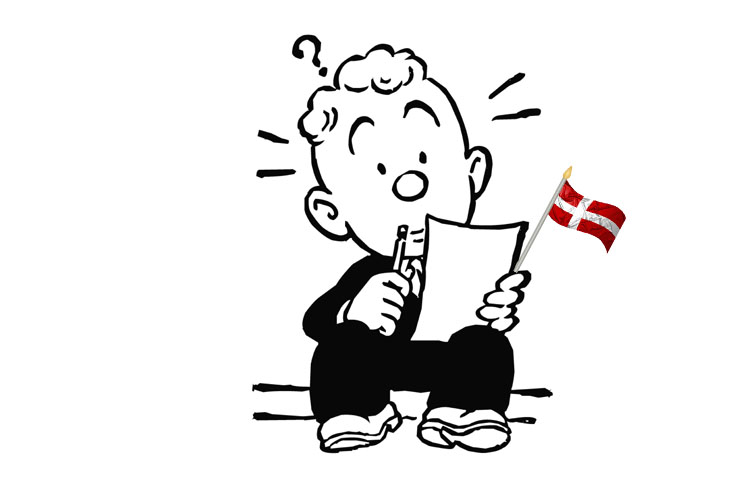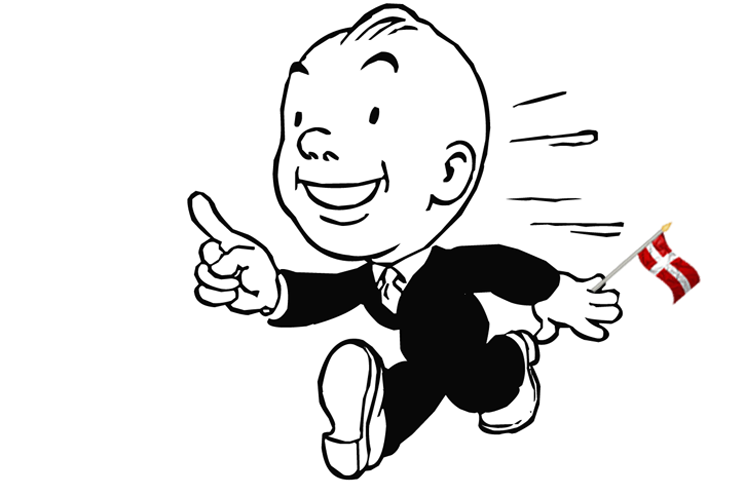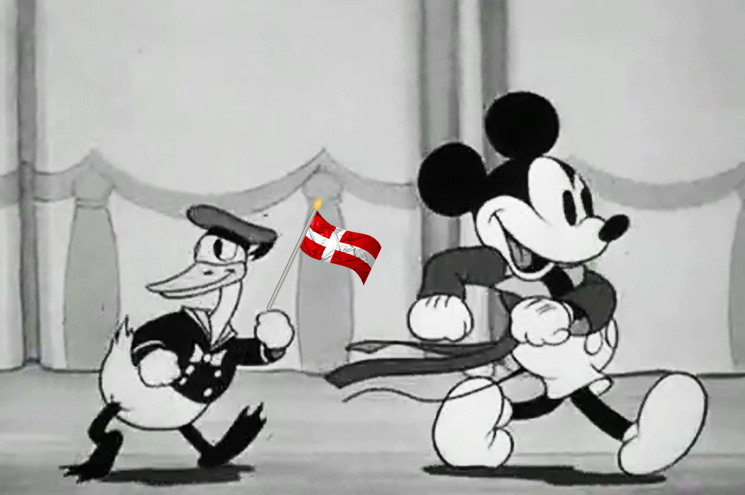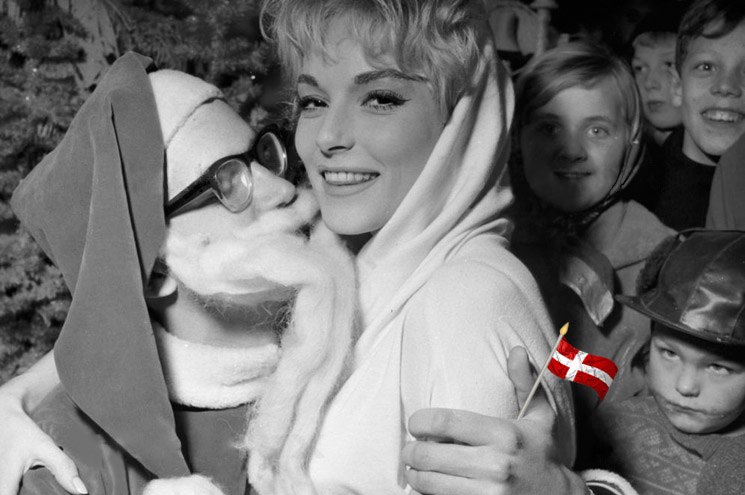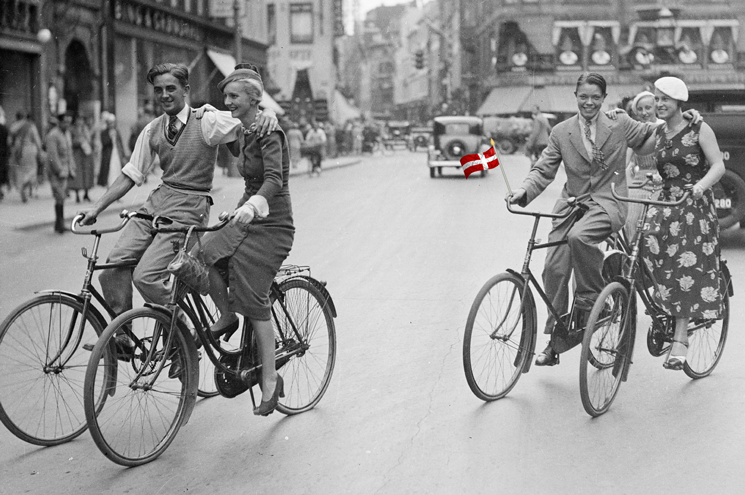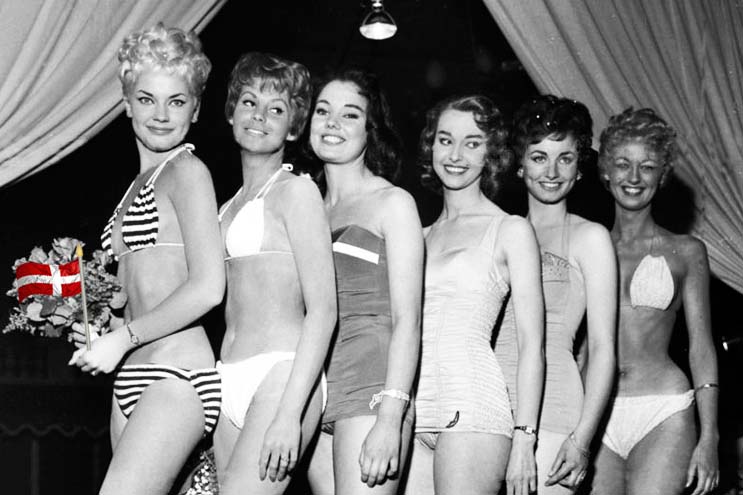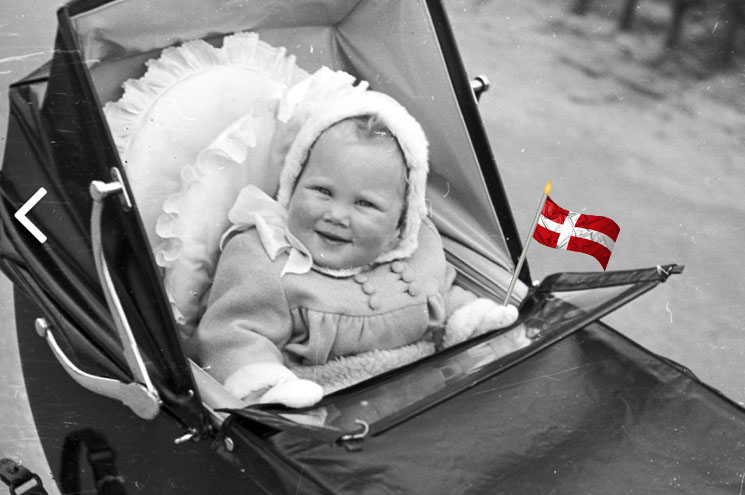If you’ve been asked for a job interview at a Danish company, congratulations. Danish companies don’t like to waste time, so they wouldn’t be setting aside time to meet you if they didn’t think there was a solid chance they might hire you.
Job interviewing in Denmark is a difficult balance, because the Jantelov makes all forms of bragging or self-promotion distasteful to the Danes. You’ve got to convince the person interviewing you that you’re skilled and capable without sounding like a used car salesman.
What I tell potential hires to do is prepare by reviewing their working history and coming up with three good stories about projects they’ve worked on – two in which you did well and succeeded, and one that went very badly, but where you learned some important professional lessons.
By admitting to have made some mistakes in your work life or have been less than perfect on the job, you’ll give yourself a lot more credibility with Danish companies, where the default motto is “Work hard, but don’t take yourself too seriously.”



